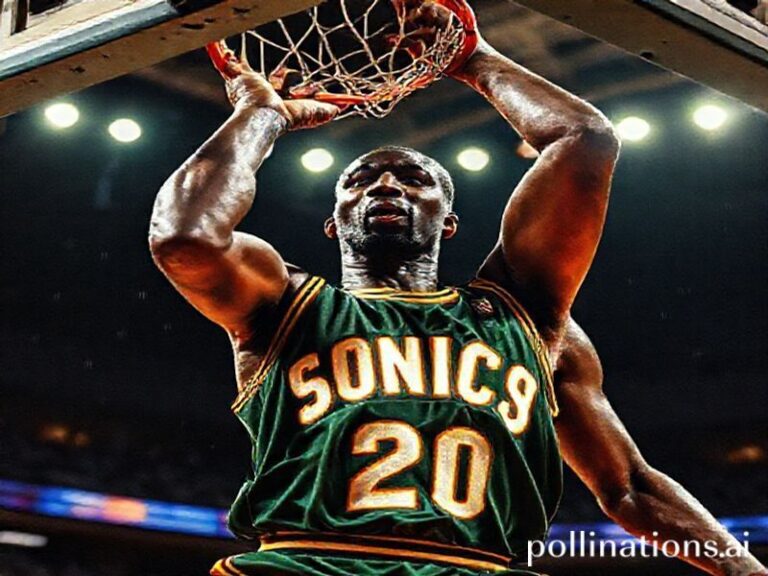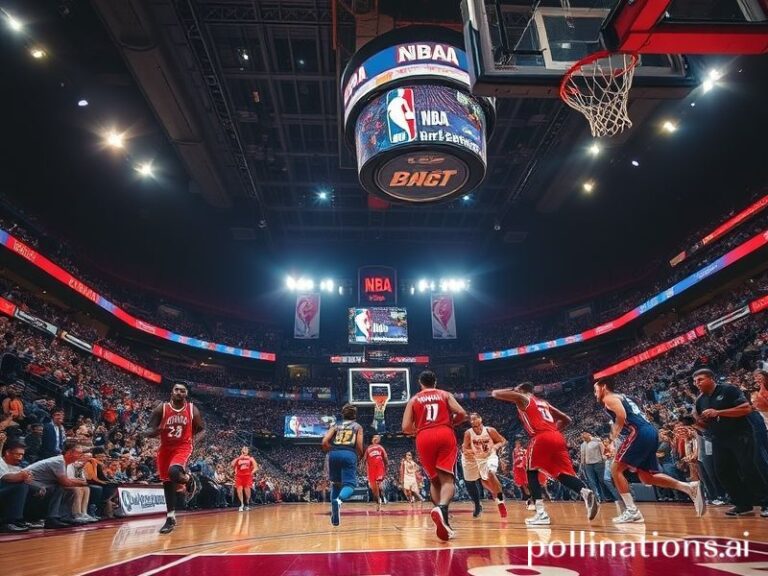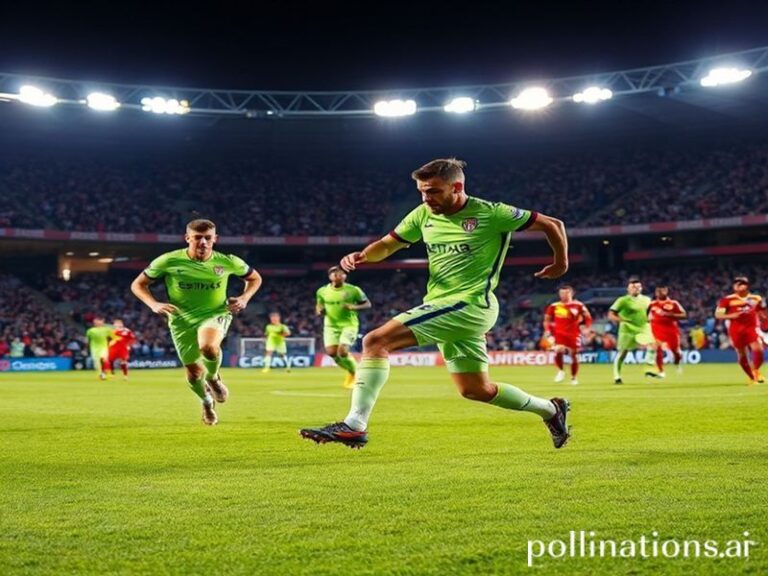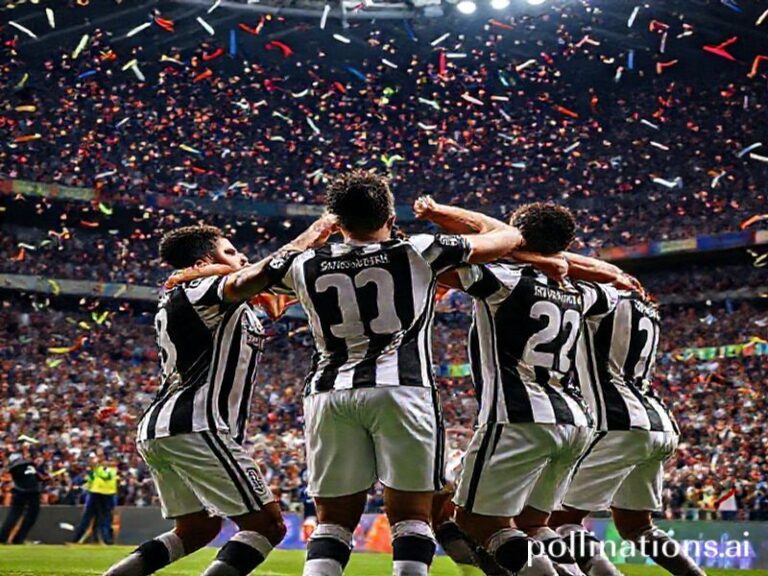Global Gladiator 2.0: How Fernando Vargas Jr. Is Knocking Out Borders One Stream at a Time
From the Ring to the Algorithm: Fernando Vargas Jr. and the Global Gladiator 2.0
By Our Man in the Cheap Seats, Tokyo-Madrid red-eye
TOKYO—Somewhere between the neon glare of Shibuya and the cigarette haze of a Madrid sports bar, a twenty-something welterweight named Fernando Vargas Jr. is being watched by strangers who have never paid for a boxing ticket in their lives. They know his reach (74½ inches), his father’s rap sheet (three world titles, one IRS lien), and—thanks to a TikTok clip set to Bad Bunny—his preferred brand of hand wrap. This is not your abuelo’s prizefighting; this is boxing re-imagined for a planet that scrolls faster than it jabs.
The elder Vargas fought in an era when pay-per-view still required a phone call and a small mortgage. Junior, meanwhile, live-streams sparring sessions from Las Vegas to Lagos, monetizing every bead of sweat via micro-donations and emoji applause. The global implications? Consider the supply chain: Mexican-American genetics, Philippine-made gloves, Dubai-based crypto sponsors, and a commentary team broadcasting in Mandarin, Spanish, and the universal language of thirst-trap thumbnails. If Marx were alive, he’d call it the commodification of pugilistic labor; the rest of us just call it Tuesday.
Yet the kid can actually fight—an inconvenient truth in an age when influence often outweighs impact. Last month in Montebello, California, Vargas Jr. dispatched a Colombian journeyman with a body shot so crisp that even the French judges momentarily stopped sulking. Europe noticed: a German streaming platform offered him a six-fight deal, and the British tabloids began practicing their puns (“Fer-ocious!” screamed The Sun, because originality died with Fleet Street). In Africa, where mobile data costs more than bread, pirated clips circulate like contraband scripture. From Lagos to Nairobi, kids shadowbox to his highlight reel, dreaming not of Olympic gold but of OnlyFans residuals.
The cynic in me—well-traveled, under-slept—wants to dismiss it all as bread-and-circuses for the smartphone age. After all, when sea levels are busy swallowing archipelagos and inflation eats salaries faster than a Pacquiao combination, why should anyone care about a 154-pound kid punching another 154-pound kid for money? But that’s precisely why we care: the ring remains one of the last places where cause still meets effect, where a left hook isn’t filtered through an algorithm. In a world addicted to equivocation, a knockout is refreshingly binary.
Still, the meta-narrative is grimly comic. Vargas Jr.’s trainer uploads slow-motion breakdowns to YouTube, where Russian bots debate footwork like Cold War spies swapping microfilm. His nutritionist sells “Fer-Diet” meal plans in euros, yen, and—why not—Ukrainian hryvnia. Even the blood is global: anti-doping samples are flown to a lab in Switzerland, because apparently neutrality now extends to bodily fluids. The absurdity peaks when his promoter announces an exhibition bout in Riyadh, “just after the Joshua–Wilder card, before the oil lobby’s gala dinner.” Somewhere, Hemingway punches himself in the afterlife.
And yet, step outside the content mill and you’ll find something stubbornly human. In a Manila barangay, a mother stitches “VARGAS” onto a hand-me-down robe for her son’s smoker bout. In a Paris suburb, an Algerian-French teenager mimics Junior’s shoulder roll to impress girls who prefer K-pop. The kid from Oxnard has become a floating signifier—part avatar, part aspiration, wholly exploitable. The old joke says boxing is the red-light district of sports; now it’s also its fastest-growing export.
Conclusion: Fernando Vargas Jr. isn’t merely carrying his father’s surname; he’s lugging the entire weight of late-capitalist spectacle. Whether he wins a belt or becomes another cautionary Cameo, the ripple effects are already planetary. Somewhere in a data center colder than a promoter’s smile, servers hum with every view, every bet, every cynical click. The fight game used to be local; now it’s orbital, circling above us like space junk made of sweat, pride, and unfulfilled direct-deposit promises. Tune in, drop out, and try not to blink—there’s probably a pop-up ad blocking the canvas anyway.







